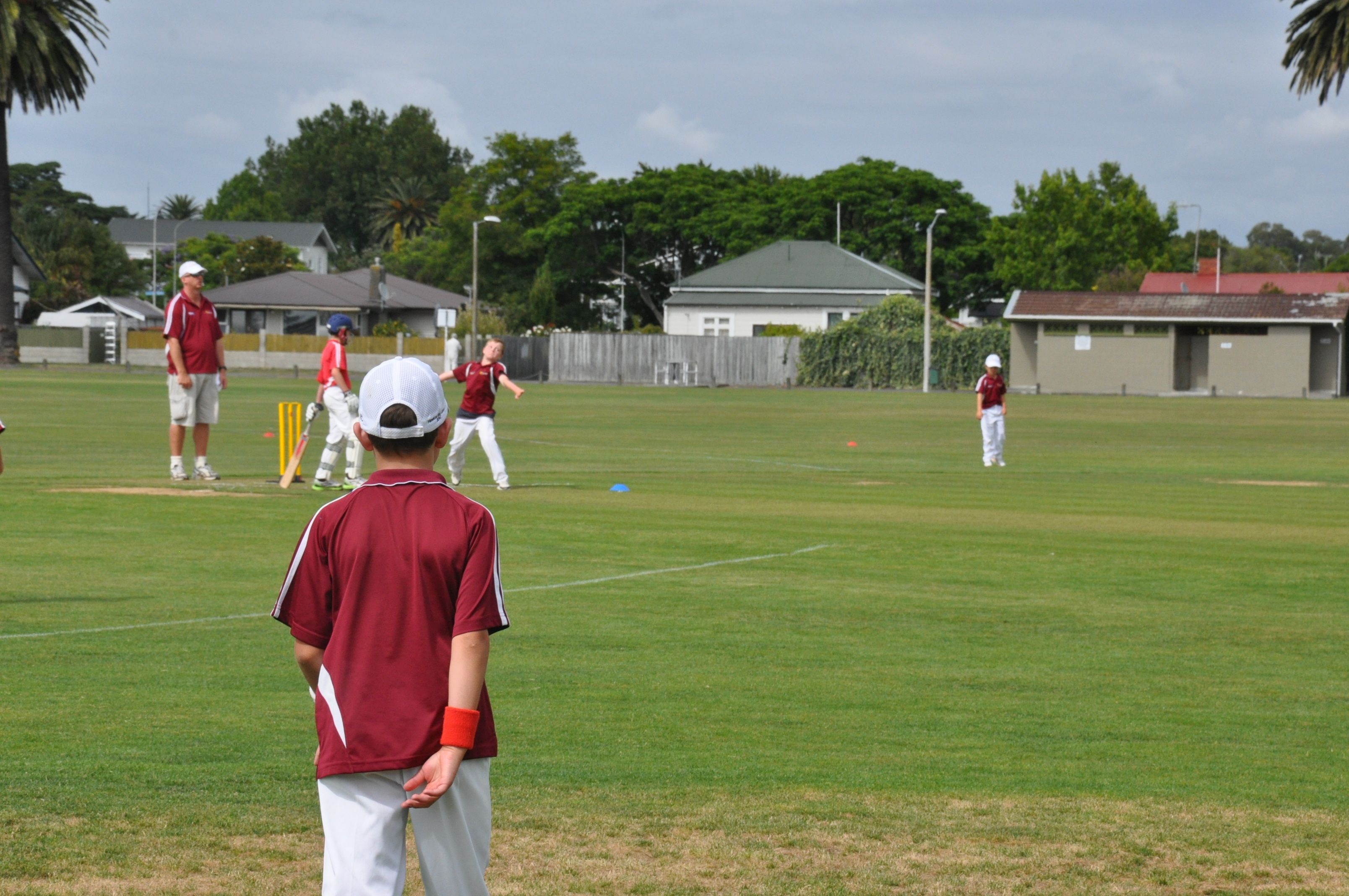Thanks everyone for a great 2024/2025 season. Registrations for the 2025/2026 season will open from September 2025. Keep an eye on this website and our Facebook page for winter training opportunities and other information.
Welcome to Coaching
Junior Cricket upper Hutt welcomes you to the club and thanks you for your time and effort in the important role as coach. Coaches are the most vital part of any active club, to put it simply, “no coach - no team”.
JCUH wants its coaches to be the best they can be, so we have written this introductory guide to Coaching at JCUH to help get you started.
WIIFM (What’s in it for me?)
- You get to spend some active time with your own child.
- You get some physical exercise.
- You make a valuable contribution to a vital club offering sporting and life skills to children.
- You make a valuable contribution to your community.
- You get to learn how to coach – a skill with applications at work and home.
- You develop friendships with fellow parents.
- You become a leader.
- Check out you philosophy to coaching by clicking here
I’m a ‘first-time’ Coach
It is often an apprehensive time for first-time coaches. Often they are not sure if they have the cricket skills and confidence to take on the role. These feelings are quite normal and it is not until after several games and practices that new coaches start to feel at ease with their role. To assist coaches JCUH has a variety of resources, which are detailed below. However the grade convenor is the first line of support for the first-time coach. It is the convenor’s role to ensure that coaches feel confident enough for their first practice in mid October.
Coaches usually start out in the soft-ball grades. Here the actual cricket skills required are minimal. Many coaches start their coaching “career” in the Have-A-Go and Midget grades. As the children get older then skills and tactics become more prominent.
Getting Help at Practices and at the Game
Coaching shouldn’t be a lonely job. There are always parents on the sideline waiting to be asked to help out. Coaches are empowered by the club to seek the help of parents. In fact the club implores parents to get involved and has adopted a standard where 2 parents or helpers are required to assist the coach and manager at each practice. This is to ensure:
- The coach is not left completely unsupported in his or her role.
- Teams can be supervised while individual children are given one-on-one coaching.
- Inappropriate behaviour can be more easily controlled without other players having their practise affected.
- Health and safety best practices can be observed.
It is also common to seek a co-coach to help out. This spreads the load and allows coaches to rotate the role or have a ‘Saturday off’. Coaches should foster relationships with other parents who have the time and the willingness to help. It is through this mechanism that co-coaches are developed.
Coaching Soft-Ball Grades (Have-A-Go & Midget)
Have-A-Go grade especially is more about games and fun that real cricket. The main object with children this age is to keep them occupied and having fun. Cricket skills are very basic for first time or very young players. If by the end of the season you have them holding the bat correctly and standing properly, bowling overarm (even if standing still) and throwing reasonably straight from the field you will have been successful as a coach. This year the club will issue goals for coaches, which will help them focus on what is important to teach.
Midget grade introduces more skills. Here the bowling becomes more accurate, a run up is normal and ideally few ‘wide’ balls are bowled. Batters should be starting to move to the ball and place their front foot correctly. Emphasis is given to batting with a straight bat and not ‘slogging’. Basic wicket-keeping skills are introduced along with accurate throwing and backing-up in the field.

Junior Cricket Upper Hutt
Established 1996
Trentham Memorial Park, Barton Road Upper Hutt

 Admin Login
Admin Login